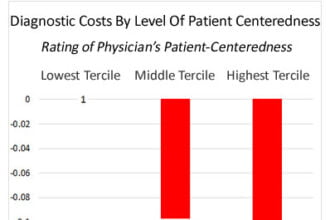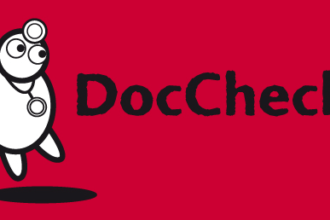Pfizer last week won Food and Drug Administration “accelerated approval” for Xalkori (crizotinib) for a rare form of metastatic lung cancer that strikes about 3 percent of people — almost always non-smokers — who come down with the disease. That’s about 10,000 patients per year in the U.S., and perhaps a similar number abroad. Multiply that times the $$115,200 a year the company plans to charge for Xalkori, and they’ve got themselves a billion dollar blockbuster.
Pfizer last week won Food and Drug Administration “accelerated approval” for Xalkori (crizotinib) for a rare form of metastatic lung cancer that strikes about 3 percent of people — almost always non-smokers — who come down with the disease. That’s about 10,000 patients per year in the U.S., and perhaps a similar number abroad. Multiply that times the $$115,200 a year the company plans to charge for Xalkori, and they’ve got themselves a billion dollar blockbuster.
What does it mean when a drug earns “accelerated approval”? Unfortunately, too many people think this means that it worked so well that the FDA rushed it to market. That’s not how it works. Accelerated approval, which really should be called interim approval, is reserved for drugs that show promise for treating life-threatening diseases like lung cancer, which is the best way to describe Xalkori.
In two single-arm clinical trials (no comparison arm) involving 255 patients, Xalkori delayed tumor progression for about 10 months in slightly more than half the patients who had a specific genetic mutation. Will it prolong survival? That isn’t known yet. Those findings must await the results of follow-up trials, which will contain a placebo arm and will evaluate the drug’s potential for delaying death, not just the surrogate marker of delayed tumor progression, which may or may not signal improved prospects for survival.
How long will it take for Pfizer to complete those trials? At least a couple of years, since that is the life expectancy of most patients diagnosed with metastatic lung cancer whether they have the particular mutation targeted by Xalkori or not. And it might take a lot longer, since the “excitement” among oncologists (see this MedPage Today story) may make it difficult to recruit patients with that mutation to enter a clinical trial where they have a 50-50 chance of getting a placebo. It’s a ready-made excuse for Pfizer, should it fail to complete the trials in a timely manner, which has happened in a large handful of cases involving cancer drugs given accelerated approval.
Through this period where there will be no concrete proof of efficacy, Pfizer will get to charge an outlandishly high price for the drug. Is there a way to put pressure on the company to complete the trials in a more timely fashion, so that the paying public knows that it is truly getting value for its health care dollar and not subjecting patients to some pretty rough side effects (nausea, diarrhea, etc.) for no benefit? Last October, an article appeared in Health Affairs suggesting that Medicare should only pay the asked price for a drug that has not yet proven its superiority to existing treatments for up to a maximum of three years. If the company doesn’t provide clinical proof justifying the higher price within that time, the authors suggested, Medicare should simply pay the rate charged for the best “proven” therapy, which in cancer chemotherapy, is almost always a generic.
A similar model could be applied to drugs given accelerated approval. Medicare and private insurers could agree to pay the asked $115,200 a year for this drug for three years, which is a reasonable time to complete the final trials. After that, it should be generic pricing until the company comes up with definitive proof.









